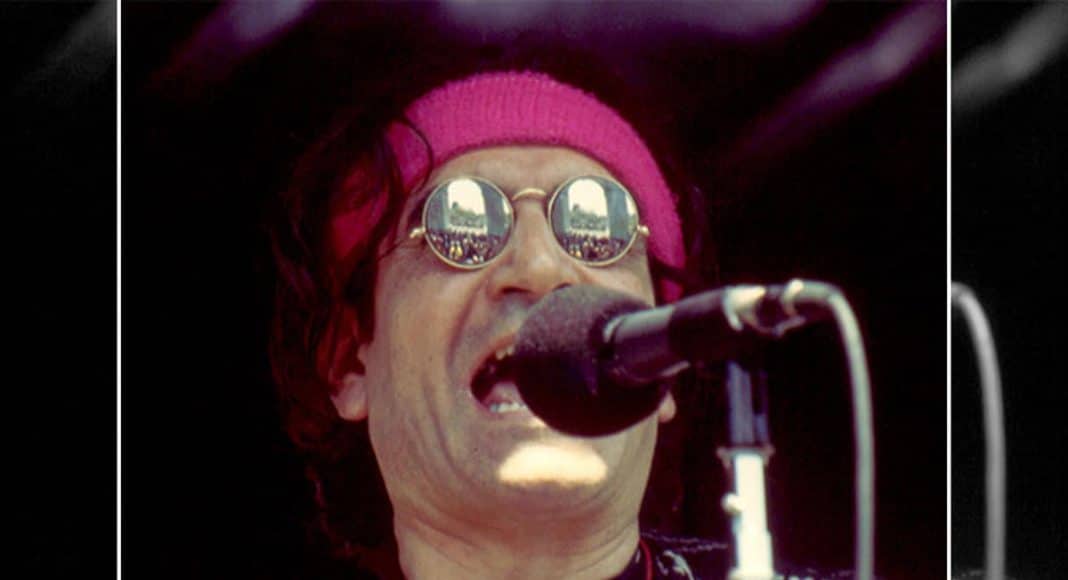David Peel, the iconic street musician, John Lennon pal, subversive counterculture icon, has passed away at 73.
The artist suffered a massive heart attack last week and died Thursday, his longtime friend Jeff S. Levy confirmed to Billboard.
-
Related Story: 10 Surprising Celebrities Who’ve Come Out—As Cannabis Fans
Peel was an iconoclast and gained notoriety for his revolutionary pro-cannabis stance through his music. Peel and his Lower East Side band scored offbeat hits with songs like “I Like Marijuana” and “Show Me The Way To Get Stoned” on their debut record Have A Marijuana. The group’s sophomore record American Revolution was more direct with its political stance with a track named “Legalize Marijuana.”
Peel and the Lower East Side recorded their music live on the street. That attitude eventually led to Peel meeting Lennon and Yoko Ono.
According to Lennon biographer Ray Coleman, Lennon recalled himself and Ono joining Peel to sing in the streets. “It was arranged for us to meet him, but it seemed like a happening,” Lennon said. “And he was suddenly there and we started singing with him in the street. And we got moved on by the police, and it was all very wonderful. That was it. He was such a great guy, you know. We loved his music and his spirit and everything. His whole philosophy of street and everything.”
Lennon would go on to sign Peel to The Beatles’ Apple Records label, where his Lower East Side drew resistance for their first record under the label, The Pope Smokes Dope. Lennon would also appear alongside Peel during a spot in 1971’s John Sinclair’s Freedom Rally and a couple performances on The David Frost Show.
Peel would continue his stance as a counterculture icon late into his life. He made appearances again as a street musician during the Occupy Wall Street movement and recorded a song titled “I Can’t Breathe,” as response to Eric Garner’s death.
-
Related Story: 7 Insightful Marijuana Pro-Tips From Iconic Musical Artists
“A lot of people come up to me and say, ‘Peel, I thought you were dead,'” he told the New York Times in 2012, adding that he would continue to perform in public “until the day I drop dead and go to rock & roll heaven.”
[gravityform id=”13″ title=”false” description=”true”]


